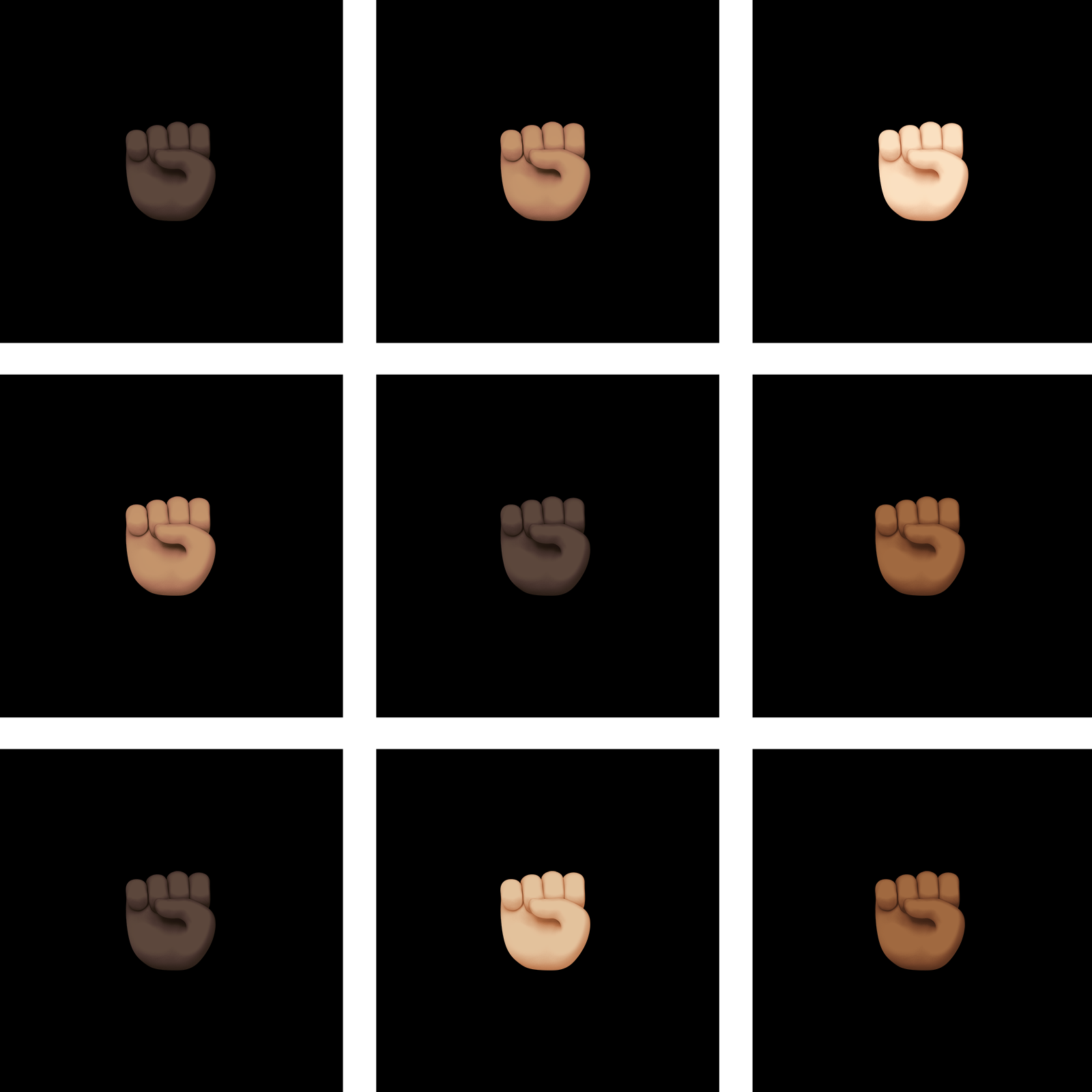In 2020, corporate America joined the conversation about systemic racism, police brutality, and the levels of hate not seen in a long time. As our inboxes continued to fill up with companies releasing their statements and our social media with “black square” posts, it has begged the question:
How should companies respond to a societal shift of this magnitude?
How do we balance our ethics and our economics? Is there a balance, or should we eschew brand for bravery? I talked to Kelly Fooy, a Senior Producer at Ready State, about her thoughts regarding a company’s marketing framework for addressing #BlackLivesMatter ethically and effectively.
As a Senior Producer, Kelly describes herself as somewhat of a “generalist.” She oversees content production, works directly with companies to develop creative content, and manages social content for different audiences. In response to the protests, Kelly says that many companies had to pivot or change their previous marketing strategy and make sure to highlight content regarding the movement.
#BlackLivesMatter shifted the way many companies wanted to cover their product and brand, and Kelly helps companies balance sensitivity and celebration. She mentioned that, under these circumstances, it is hard to understand how to approach businesses.
A unifying theme I pulled out of our conversation, however, was the sustained value and drive for channels of communication. Connection is ubiquitous: from business-to-consumer, business-to-business, employer-to-employee, Kelly believes that a sense of connection can urge companies to realize just how meaningful their pledge to diversity can be.
Business Framework: Ethics, Not Economics
In my conversation with Kelly, one of the most important pieces of information I learned from her involved her unique take on strategy. When it comes to social initiatives, too many companies fall into the trap of doing the very least. Or, even worse, they appear too focused on their profit, their revenue, and their brand to effectively communicate their allyship.
Kelly thinks of marketing strategy for #BlackLivesMatter within a framework of genuine thoughtfulness. This means that the businesses and corporations she works with — in order to heed her advice and rollout her suggestions — at the very beginning of the campaign, need to see the #BlackLivesMatter movement as more than a chance to capitalize on the newest social phenomenon.
Executives need to understand that the movement is not an avenue for consumers or the newest episode in our news cycle. Before they begin to align themselves with BLM, corporate leaders must take it upon themselves to understand the movement as ethically and morally necessary for society’s collective benefit.
Before laying out company strategy or posting solidarity on Instagram, leaders in business can use educational resources to learn more about discriminatory business practices, allowing them to make informed decisions surrounding racism in the workplace. Consumers can tell which companies stand against discrimination because it is the right thing to do ethically.
Authenticity should be at the forefront of each leader’s plan to tackle societal issues.
Understanding why you should be actively participating in social initiatives is only the precursor to the long road ahead in evaluating how to effectively involve yourself and your company in the #BlackLivesMatter movement.
Taking A Stand Through Effective Marketing
While marketing can be a powerful tool for companies to use to advertise their product, it can serve as an avenue of communication between the business and consumer about their values and commitments.
Kelly mentioned the importance of an “all or nothing” strategy behind marketing. When the consumer thinks about a business’s stance on a social initiative or #BlackLivesMatter, there should not be any latent doubt in their mind on that company’s stance. Kelly believes that, “when someone thinks about the [Black Lives Matter] movement in relation to your company, the side you’re on should be obvious.”
Along the larger theme of connection, marketing touches on the most important part of the point of being an ally: conversation. Businesses have to make conversation — with their consumers, with other businesses. They must highlight their solidarity with their cause.
Marketing is only one small part of this. Some companies believe that they are safe from criticism by posting a statement or emailing their members. This is what Kelly called a “middle-of-the-road” approach. In order to effectively cultivate support, companies have to reinforce their beliefs for social initiatives with long-term plans and goals, some of which involves a fundamental change in the way that companies conduct business.
Building From the Ground Up
If leaders hope to seriously convey their dedication to diversity, it starts within company walls. Here are a few ways that companies can improve racial inclusivity in the workplace:
From Top to Bottom
First, in our conversation, Kelly mentioned that company diversity starts from the board and works its way down to the employee networks. By making hiring data available, companies can start showcasing support for #BlackLivesMatter by holding themselves and their hiring practices accountable.
While transparent hiring practice may open the company up to some criticism, the risk shows consumers that the company is willing to take necessary ethical steps towards a fairer future.
Education
Second, on the theme of connection, it is additionally important for companies to educate their leaders on matters of social responsibility and expect them to carry that message forward. By being vulnerable with employees and creating open channels of communication through diversity training or guest speakers, leaders in business can build a sense of respect and diversity into their companies.
Creating A Welcoming Workplace
Any employee in a given company should feel comfortable enough to discuss their experience in the environment with both their colleagues and their managers.
By creating a welcoming workplace from the moment an employee is hired, employers will be able to instantly open up channels for further discussion and participation.
Commitment
Finally, Kelly revealed to me the importance of commitment. Short-term engagement with #BlackLivesMatter will not go unnoticed in consumers and in the workplace. She suggested that companies should set a few goals for the year, including their objectives for community support and past efforts.
This allows corporations to hold themselves accountable in the long-term, making racial justice a priority in their mission. When companies try to minimize or offset the risk that comes with meaningful social engagement, their efforts often get too watered down to be impactful.
As a business, Ready State has committed itself to fair hiring practices. In addition to ensuring an inclusive culture, the company remains dedicated to diversity, as a minority and LGBTQ+ owned business.

